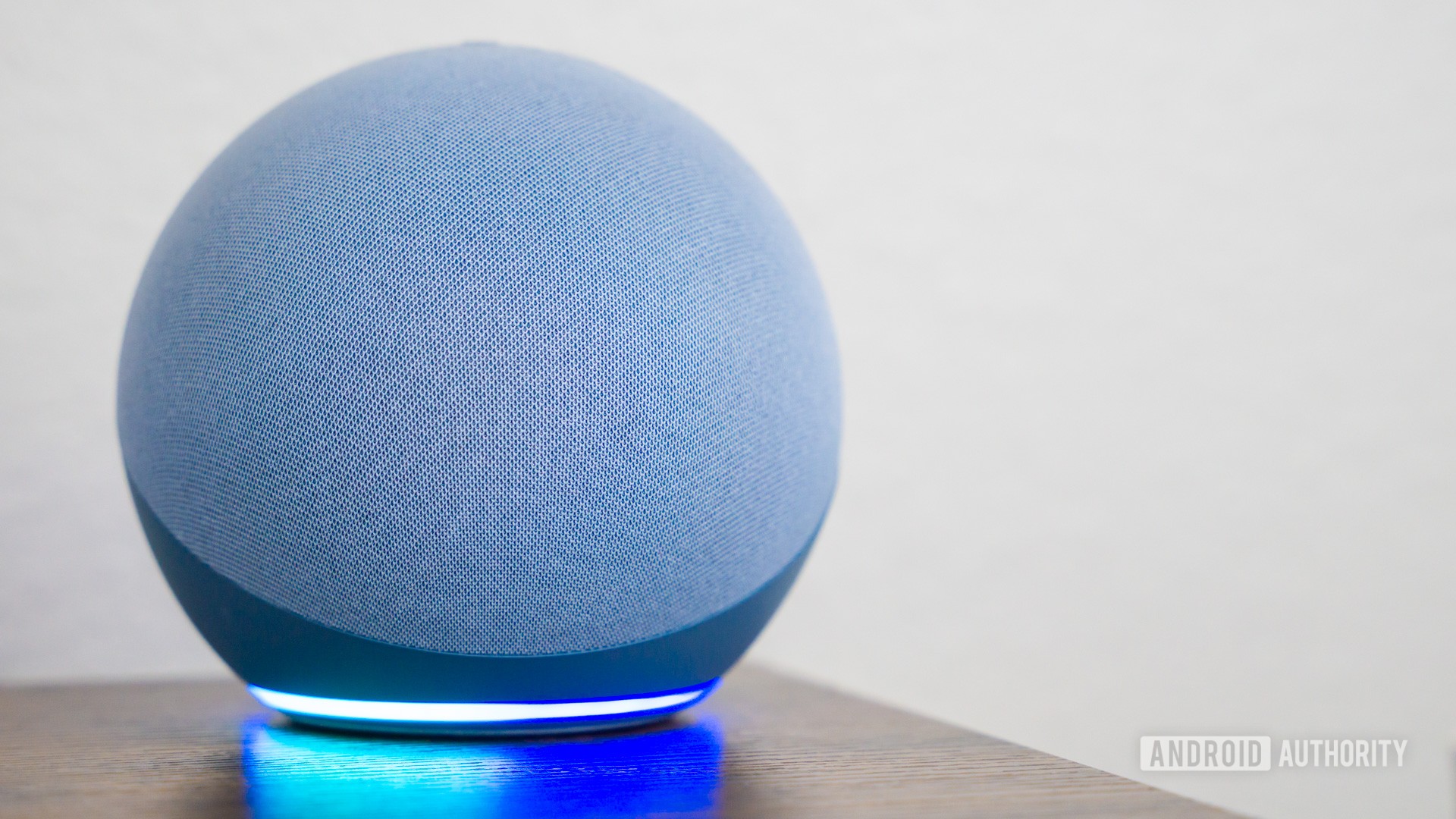Edgar Cervantes / Android AuthorityDigital assistants have become an essential part of both the smartphone and smart home experiences — if nothing else, it’s easier to ask Google Assistant to set an alarm than do it yourself through the Clock app. But tech shoppers can be demanding, so companies are still racing to prove they have the best assistant tech.
In the early months of 2024, the competition is down to Siri vs Alexa vs Google Assistant vs Bixby, some niche cases notwithstanding. Which one is tops? The answer is a little complex, and depends on what you need an assistant to do.
Basic settings and tasks
Every assistant should be able to handle both device settings and daily tasks. We’ll define the latter as things like alarms, timers, reminders, and calendar events, as well as making phone calls, launching apps, and sending text messages.
The winner here is Google, since there are very few basics you can’t handle via Google Assistant commands. It should be noted of course that Assistant isn’t perfect, especially since it recently lost over a dozen features. You’ll also only experience its complete range of functions on Android devices — while it’s available on smart speakers and displays, as well through an iPhone/iPad app, you can’t for example ask a Nest Audio to call any number in the world, or an iPhone to pair with your Bluetooth headphones. The latter can be blamed on Apple’s walled garden.
Smart home control
As you’d expect, where Alexa does shine is in running a smart home. Thanks to Amazon’s influence and early headstart — the first Echo speaker launched in 2014 — Alexa has accumulated the largest number of supported accessories and services. If there’s something you’d like to automate, chances are there’s an Alexa option, ranging from light bulbs to lawnmowers. Voice commands are largely simple and intuitive, e.g. “set the thermostat to 74 degrees” or “turn the Nanoleaf Lines purple.”
This flexibility extends to routines, which trigger one or more actions based on a voice command, sensor condition, or time of day. Alexa makes routines easier to build than any other assistant, mostly by offering a clear app interface with an arsenal of pre-formatted options. In fact the Alexa app as a whole is arguably one of the best-designed for smart homes, though Apple’s Home app is close if not better after recent updates.
Siri’s smart home support comes by way of HomeKit, and is generally comparable to Alexa in functionality. The main thing holding it back is compatibility — aside from Siri being limited to Apple devices, HomeKit has strict privacy and security standards, which prompts many accessory makers to focus on Alexa and Google Assistant instead. This creates a vicious circle in which there are fewer products to choose from.
This landscape could look very different by the end of 2024 thanks to the Matter protocol. While it’s still a little cumbersome to use and needs wider support, Matter-enabled accessories work across all of the major smart home platforms, and the number of compatible products is growing. If the industry can make pairing simpler, platform battles could become a thing of the past.
Media playback
Alexa has a broader range of speaker options, and native Audible support if you’re into audiobooks, but otherwise Google tends to rule this category. Google Assistant can move music and video between devices with a single command, and its support for two commands in one sentence means less scrambling to change the volume. Siri lets you move audio and video with Google-like commands, simply relying on the AirPlay framework instead of Google Cast.
Apple still has a compatibility problem, it’s just in terms of AirPlay source devices (Apple products only)…

